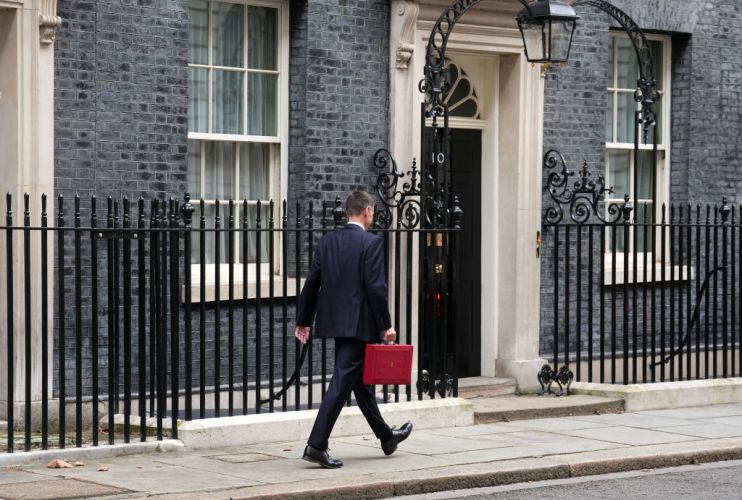Brace yourselves: 2023 will be seen as a stable tax year compared to what’s ahead

It may have felt like a long year, but 2023 will be seen as a serene year for tax policy compared to what 2024 has in store, writes Tim Sarson
It’s the week before Christmas and we’re well into the ‘review of the year’ season. So before we all switch on the out-of-office messages and decide those urgent December work deadlines can probably wait until January after all, let’s take a look at what 2023 brought us in the tax world.
The starkest change is that our tax system calmed down after the chaos of 2022. Last year the UK corporation tax rate was going to rise to 25 per cent, then it wasn’t, then it was again. At the start of 2022 we were expecting the health and social care levy. Then we weren’t. Truss and Kwarteng came and went. 2022 had been a year of new windfall taxes. The energy profits levy, then the energy generators’ levy.
By contrast, 2023 was a year of relative serenity. The rate went up to 25 per cent and it stayed there. So did thresholds for income tax, raking in billions through the stealthiest of stealth taxes. There were no new windfall taxes announced and few new public spending giveaways after years of taxpayer support through the pandemic and Ukraine war.
And 2023 is yet another year when those big unresolved distortions in the UK system didn’t get ironed out: the VAT registration threshold, the income tax bandings and benefits tapers, our odd rates of stamp duty land tax. They all stayed the same and tax stayed as complex as ever. In fact, to underline the fact the government decided to cancel the Office of Tax Simplification.
But some important things happened to our tax system. In 2023, a higher headline tax rate, with measures targeted at business behaviour, became the new orthodoxy. Sunak as Chancellor introduced the plant and machinery superdeduction in 2021 to deter companies from delaying spending until the tax rate went up.
This year Hunt introduced full expensing of capital expenditure; then he made it permanent. Like its sibling the R&D credits regime, both aim to get businesses to spend more money.
Freeport and investment zones are both targeted tax incentives, as are the slew of measures targeted at encouraging people back to work. The era of tax nudges has well and truly arrived.
At the same time, the world moved closer to a global minimum tax. The OECD’s BEPS 2.0 project has been running since 2019. During 2023 more and more countries confirmed they would introduce the main provisions of the 15 per cent global minimum tax from 2024. Most tax havens are introducing corporation tax in the next couple of years.
2024 is election year and not just here in the UK. Eyes will be looking across the pond watching the US Presidential election in November. What happens there has the capacity to significantly influence international tax developments.
At home, tax will feature prominently in manifestos and debates, alongside arguments over spending cuts and an unhealthy dose of culture war nonsense.
We now know a bit more about what the parties are likely to do. The Conservatives say they want to cut some more taxes. I wouldn’t rule out another dip in that bumpy corporate tax rate. They’ll want to present Labour with tax traps, but Keir Starmer is determined not to fall in. Expect a pretty cautious set of tax policies from Labour with an emphasis on stability and predictability, laced with more overtly political measures on private schools and non-doms. They see stability as vital both to investor confidence in Britain, and in their own credibility as a future government.
Enjoy the Christmas break. This was a rare moment of calm, measured tax discussions, next year won’t be.